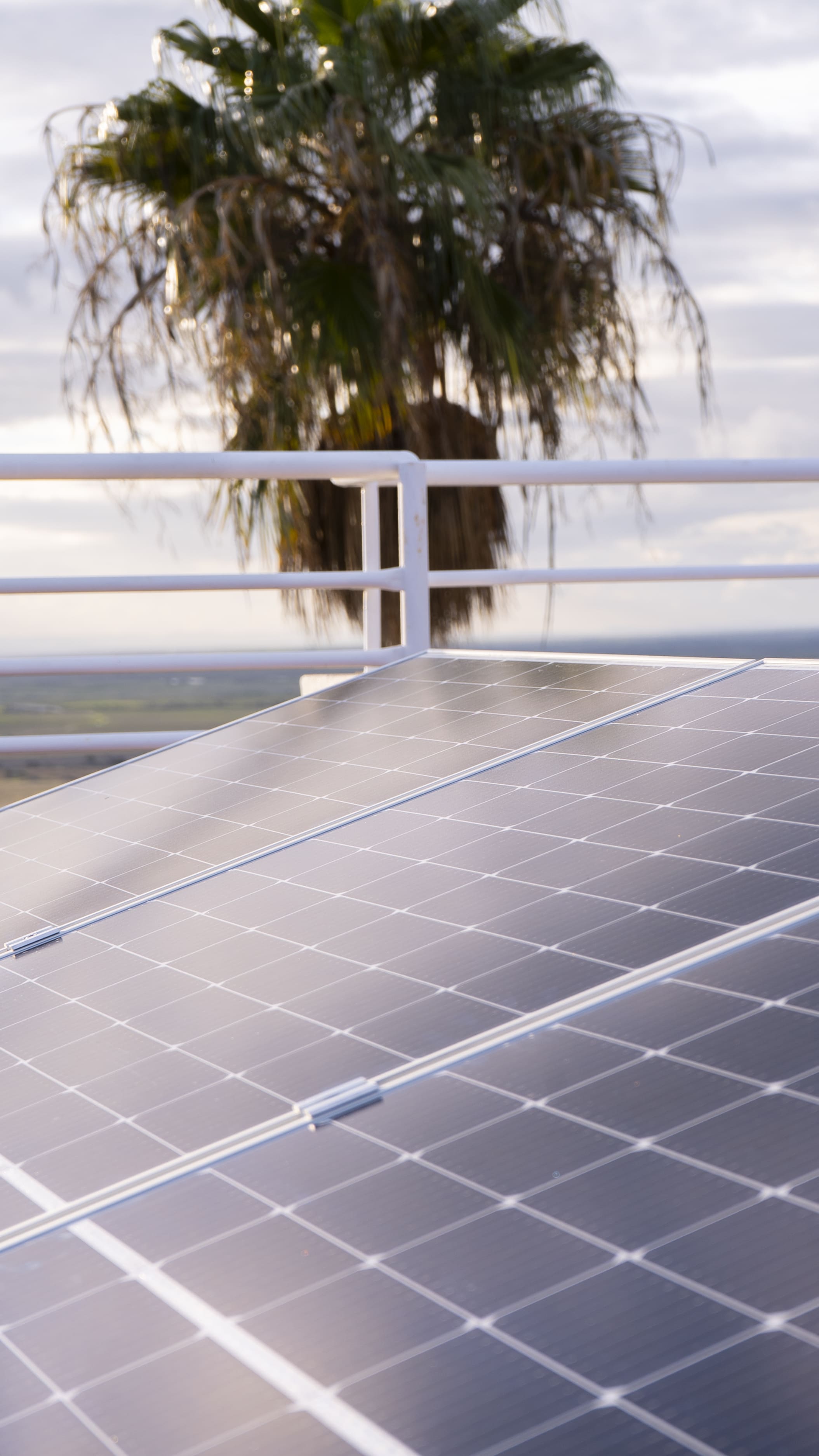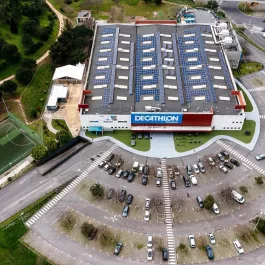
Seven myths about solar energy

EDP has resolved to clear up seven myths about solar energy surrounding the production of photovoltaic power when there is no sun, the infrastructure in the installation process or the insufficient power generated by the photovoltaic panels for self-consumption.
Solar power is without a doubt a rising trend in Spain due to its great potential for the production of clean and renewable energy. The country benefits from 2,585 hours of sunshine a year, which offers an opportunity for energy saving, efficiency and sustainability with photovoltaic installations for self-consumption.
In addition, our buildings and homes are fully prepared for their installation. 85% of Spanish homes could be self-sufficient in energy thanks to photovoltaic panels and thus cover 100% of the country’s electricity demand.
EDP does not forget the importance of solar power for the protection of the planet, and for this reason we want to debunk several myths surrounding the energy we obtain from the sun.
• The solar photovoltaic installation only works when it’s sunny
Solar panels continue to work in spite of overcast skies or rain, but their production declines and they do not produce as much as during a completely sunny day. However, this does not pose a problem, since northern countries like Germany, where the climate is less sunny than in Spain, have more solar installations.
• I do not need a solar photovoltaic installation because I have a thermal one
Solar photovoltaic energy installations produce electricity, while solar thermal energy installations are used to heat fluids and provide domestic hot water and heating. A photovoltaic installation will allow you to produce and consume your own energy for all electric appliances in your home.
• Since I live in the north of Spain, it makes no sense to install solar panels
Spain is one of the areas with more sunlight hours, so in every Spanish region there is enough solar radiation to ensure saving with a photovoltaic installation.
• The installation process of solar panels might damage my roof or home
Photovoltaic installations are very simple. EDP in particular carries out the entirety of the installation process with the highest safety standards and close attention to avoid any impact on your home. And we do it while complying with the most demanding safety measures.
• A solar photovoltaic installation is unprofitable
This is one of the most frequent arguments against photovoltaic installations. Even though the depreciation costs are extensive, the savings derived from the installation cover the costs in 8 years (on average). In addition, solar panels have an operating lifetime of over 30 years, so from the ninth year onwards, all the electric power produced and consumed in the home will be completely free of charge.
• I will not install photovoltaic panels because solar energy will eventually be taxed
European organisations have expressly limited the possibility of new “sun taxes”, establishing the right for citizens, local authorities, small and medium-sized businesses, and cooperatives to produce, consume, store and sell their own renewable energy, without being subject to fees, thus giving certainty and security to all users.
• Solar installations are not an environmentally friendlier energy option because the production of solar panels is highly polluting
The amount of waste produced by energy consumption when making a solar panel is very low compared to the benefits it offers. Despite producing some waste, panels have an operating lifespan of at least 30 years, time during which they will be producing energy that is clean and environmentally friendly.




